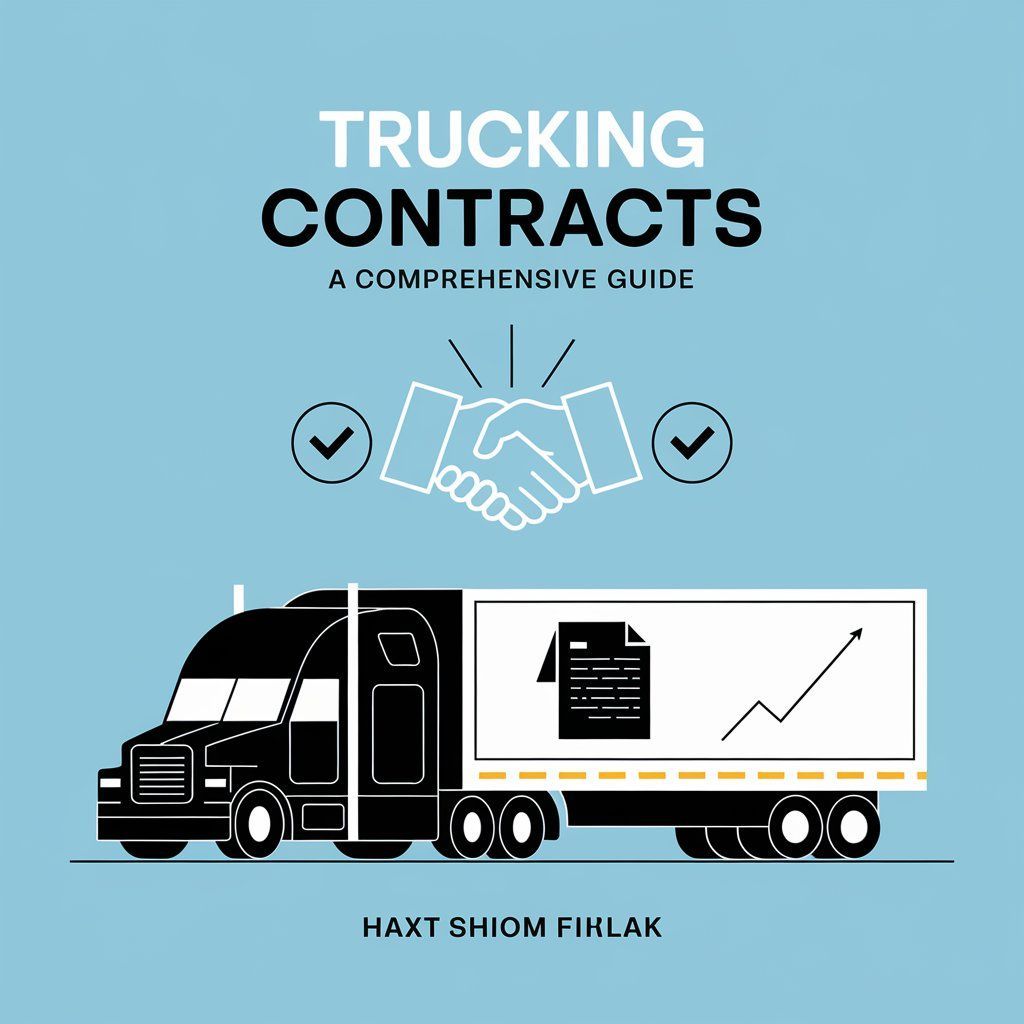How to Manage and Keep Your Fleet as a Trucking Company
These are things you must do as a trucking companies to Successfully manage your Fleet
Managing a trucking fleet is a complex endeavor that requires balancing operational efficiency, driver satisfaction, and financial stability. To help new trucking companies navigate these challenges, we’ve compiled essential tips on how to manage and keep your fleet running smoothly. Whether you’re just starting or looking to optimize your operations, these strategies can help you succeed.
1. Effective Driver Management
Drivers are the backbone of any trucking company. Ensuring their well-being and satisfaction is crucial for operational success. Here are some ways to manage your drivers effectively:
Provide Comprehensive Training: Proper training ensures that drivers are well-prepared for the challenges of the road. Cover everything from vehicle handling to safety protocols and customer service.
Maintain Open Communication: Regular communication helps address drivers' concerns promptly and fosters a sense of belonging. Use technology like mobile apps or regular check-ins to keep the lines of communication open.
Offer Competitive Benefits: Competitive pay, health benefits, and retirement plans are crucial for retaining drivers. Additionally, consider providing perks like flexible schedules and bonuses for safe driving records.
Support Work-Life Balance: Promote a healthy work-life balance by scheduling reasonable driving hours and providing adequate rest periods. This reduces burnout and enhances job satisfaction.
2. Optimize Route Planning
Efficient route planning can significantly reduce fuel costs, improve delivery times, and enhance driver satisfaction. Here’s how to optimize your routes:
Use Advanced Software: Invest in route planning software that considers traffic patterns, road conditions, and delivery windows. This technology can help you find the most efficient routes and reduce unnecessary mileage.
Monitor and Adjust Routes: Regularly review and adjust routes based on real-time data. Flexibility is key to responding to changes such as road construction, weather conditions, and traffic jams.
Driver Input: Encourage drivers to provide feedback on routes. Their firsthand experience can offer valuable insights for further optimization.
Plan for Contingencies: Always have contingency plans in place for unforeseen events like road closures or severe weather. This ensures minimal disruption to your delivery schedules.
3. Implement Preventive Maintenance
Keeping your fleet in top condition is vital for safety and efficiency. Preventive maintenance can prevent costly breakdowns and extend the life of your vehicles. Here are some maintenance tips:
Regular Inspections: Schedule regular inspections for all vehicles to catch potential issues early. Check brakes, tires, engines, and other critical components.
Maintenance Records: Keep detailed maintenance records for each vehicle. This helps track repairs, replacements, and ensure compliance with regulations.
Invest in Quality Parts: Using high-quality parts for repairs and replacements can reduce the frequency of breakdowns and improve overall vehicle performance.
Train Drivers on Basic Maintenance: Educate drivers on performing basic maintenance checks. This proactive approach can identify issues before they escalate, saving time and money.
4. Embrace Technology
Technology can streamline many aspects of fleet management, from tracking vehicles to managing finances. Here’s how to leverage technology effectively:
GPS Tracking: Use GPS tracking systems to monitor vehicle locations, speed, and route adherence. This can enhance security and improve dispatch efficiency.
Telematics: Telematics systems provide data on vehicle performance and driver behavior. This information can be used to improve fuel efficiency and reduce wear and tear.
Fleet Management Software: Invest in comprehensive fleet management software that integrates various functions like maintenance scheduling, fuel management, and compliance tracking.
Automate Administrative Tasks: Use software to automate tasks such as invoicing, payroll, and compliance reporting. This reduces errors and frees up time for more strategic activities.
5. Financial Management and Factoring
Sound financial management is essential for the sustainability and growth of your trucking business. Factoring can play a significant role in managing cash flow effectively. Here’s why factoring is beneficial:
Immediate Cash Flow: Factoring allows you to receive immediate payment for your invoices, improving cash flow and enabling you to cover expenses like fuel, maintenance, and payroll.
Credit Control: Factoring companies handle credit checks and collections, reducing your administrative burden and ensuring timely payments.
Growth Opportunities: With a steady cash flow, you can invest in expanding your fleet, hiring more drivers, or upgrading your technology, driving your business growth.
Financial Stability: Factoring provides financial stability, allowing you to manage unexpected expenses and invest in opportunities that arise, ensuring the longevity of your business.
At Atlas Factoring, we understand the unique challenges faced by trucking companies. Our factoring services are designed to provide you with the financial flexibility you need to manage and grow your fleet. With Atlas Factoring, you can focus on what you do best – delivering goods – while we handle your cash flow needs.
Apply with Atlas Factoring today and experience the benefits of improved cash flow, reduced administrative workload, and enhanced growth opportunities. Let us help you keep your fleet running smoothly and efficiently. Contact us now to learn more about our services and how we can support your business.







VISIT US
HOURS
Monday - Friday
8:00am - 5:00pm MST
Closed All Major Holidays
We provide working capital to businesses in all 50 states.




Share On: